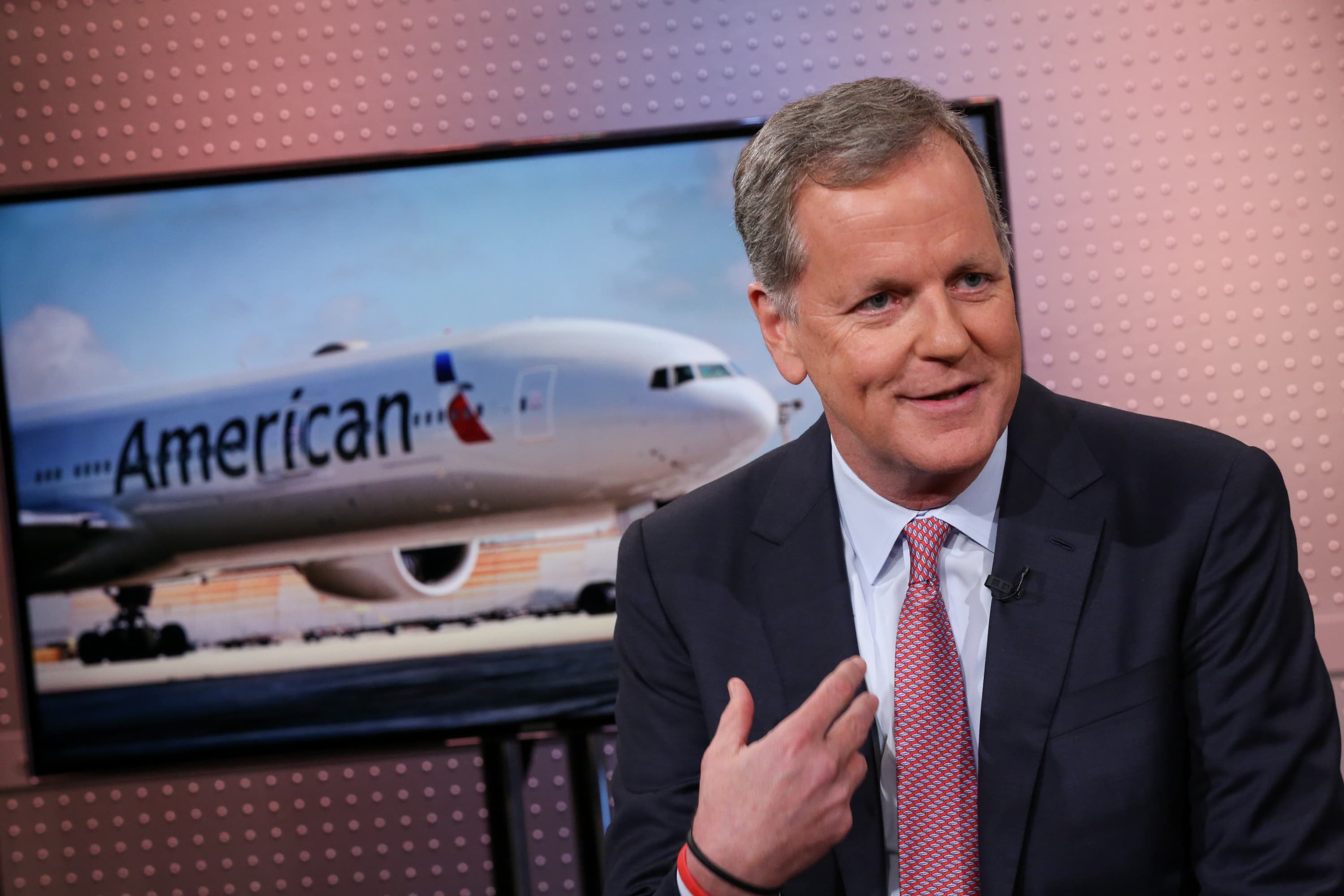The economy picked up speed last quarter, shaking off some of the lingering effects of the pandemic as consumer spending grew, bolstered by government stimulus checks and an easing of restrictions in many parts of the country.
The Commerce Department reported Thursday that the economy expanded 1.6 percent in the first three months of 2021, compared with 1.1 percent in the final quarter last year.
On an annualized basis, the first-quarter growth rate was 6.4 percent.
G.D.P. is nearly back to pre-pandemic levels.

2019 Q4 LEVEL
$20 trillion
+1.6%
FROM
PRIOR
QUARTER
15
10
Gross domestic product,
adjusted for inflation and
seasonality, at annual rates
5
’15
’16
’17
’18
’19
’20
’21

2019 Q4 LEVEL
$20 trillion
+1.6%
FROM
PRIOR
QUARTER
15
10
Gross domestic product, adjusted for inflation
and seasonality, at annual rates
5
’15
’16
’17
’18
’19
’20
’21
“This was a great way to start the year,” said Gregory Daco, chief U.S. economist at Oxford Economics. “We had the perfect mix of improving health conditions, strong fiscal stimulus and warmer weather.”
“Consumers are now back in the driver’s seat when it comes to economic activity, and that’s the way we like it,” he added. “A consumer that is feeling confident about the outlook will generally spend more freely.”
Looking ahead, economists said they expected to see even better numbers this quarter.
“It’s good news, but the better news is coming,” said Ian Shepherdson, chief economist at Pantheon Macroeconomics. “There’s nothing in this report that makes me think the economy won’t grow at a gangbusters pace in the second and third quarter.”
The expansion last quarter was spurred by stimulus checks, he said, which quickly translated into purchases of durable goods like cars and household appliances.
“This demonstrates the value of government intervention when the economy is on its knees from Covid,” he added. “But in the coming quarters, the economy will be much less dependent on stimulus as individuals use the savings they’ve accumulated during the pandemic.”
G.D.P. is rebounding faster than it did in the Great Recession.

+15%
2001
1990
Cumulative percent change in
G.D.P. from the start of the
last five recessions
+10
1980
+5
2007
0
–5
2020
–10
Final quarter
before
recession
5 quarters
into recession
16
8
12

+15%
2001
1990
+10
Cumulative percent change in G.D.P.
from the start of the last five recessions
1980
+5
2007
0
–5
2020
–10
Final quarter
before
recession
5 quarters
into recession
8
12
16
Overall economic activity should return to prepandemic levels in the current quarter, Mr. Anderson said, while cautioning that it will take until late 2022 for employment to regain the ground it lost as a result of the pandemic.
Still, the labor market does seem to be catching up. Last month, employers added 916,000 jobs and the unemployment rate fell to 6 percent, while initial claims for unemployment benefits have dropped sharply in recent weeks.
Tom Gimbel, chief executive of LaSalle Network, a recruiting and staffing firm in Chicago, said: “It’s the best job market I’ve seen in 25 years. We have 50 percent more openings now than we did pre-Covid.”
Hiring is stronger for junior to midlevel positions, he said, with strong demand for professionals in accounting, financing, marketing and sales, among other areas. “Companies are building up their back-office support and supply chains,” he said. “I think we’re good for at least 18 months to two years.”
Spending on goods like automobiles led the way in the first quarter, but demand for services like dining out should revive in the second quarter, said Rubeela Farooqi, chief U.S. economist at High Frequency Economics. “I think we will see a surge in services spending,” she said.
https://ift.tt/3xAjgJh
Business

No comments:
Post a Comment